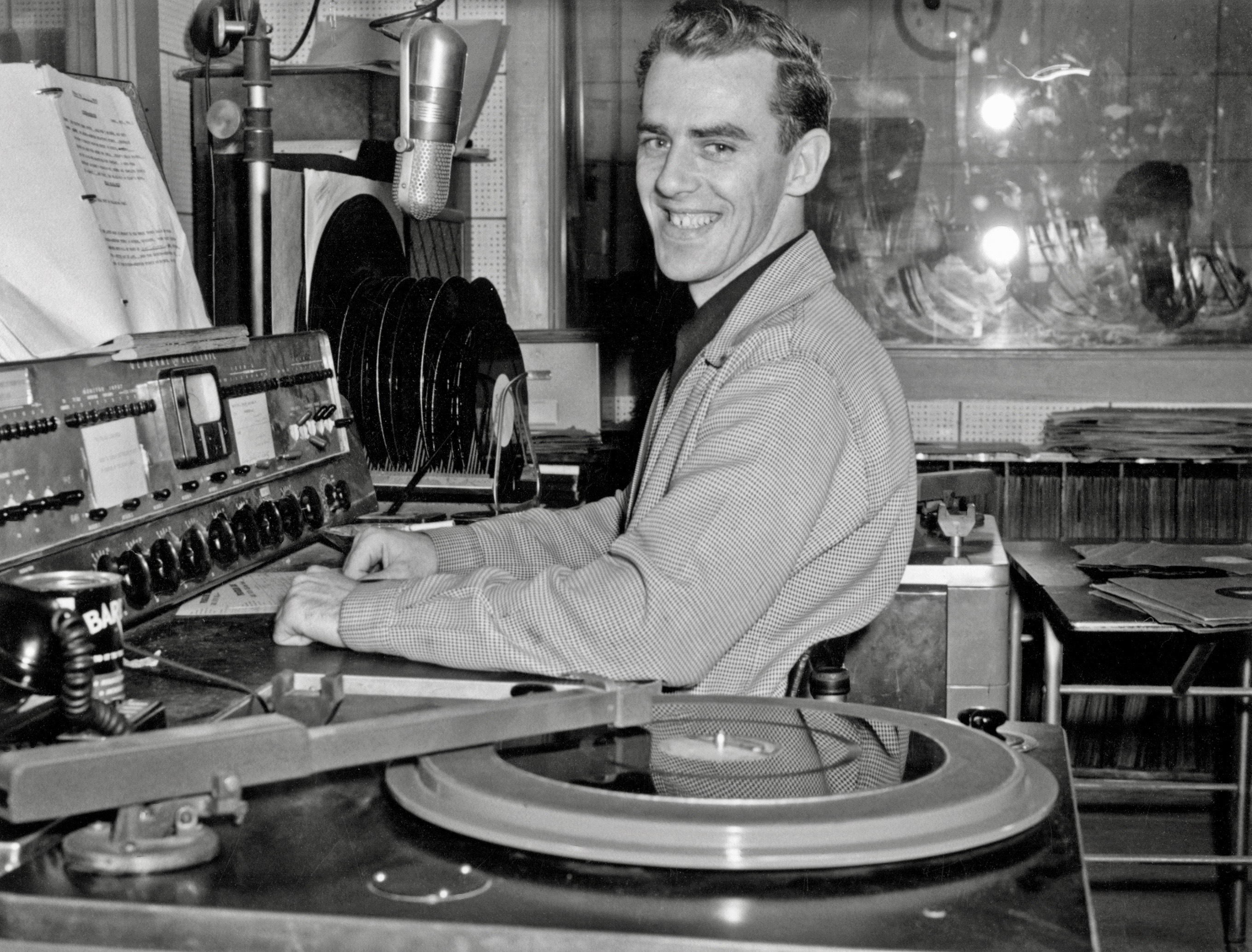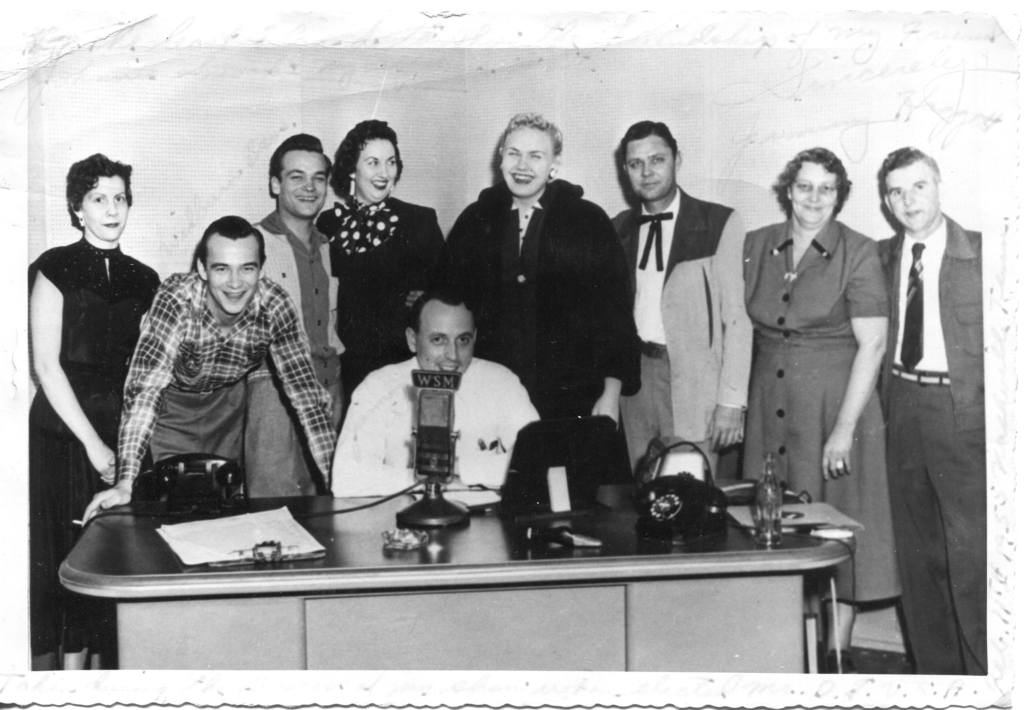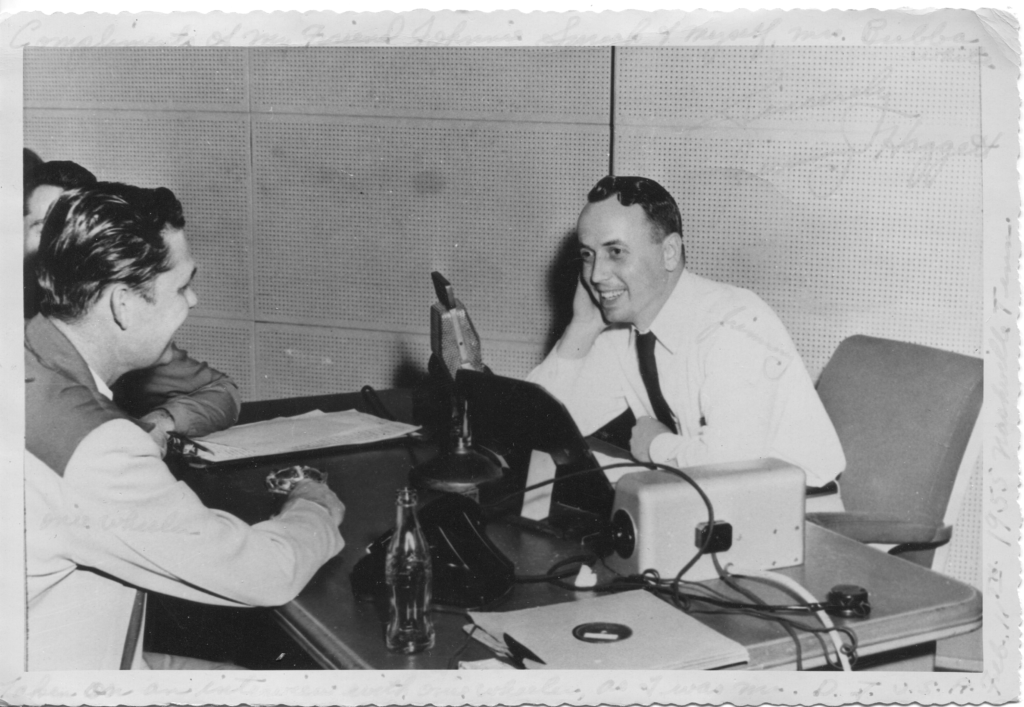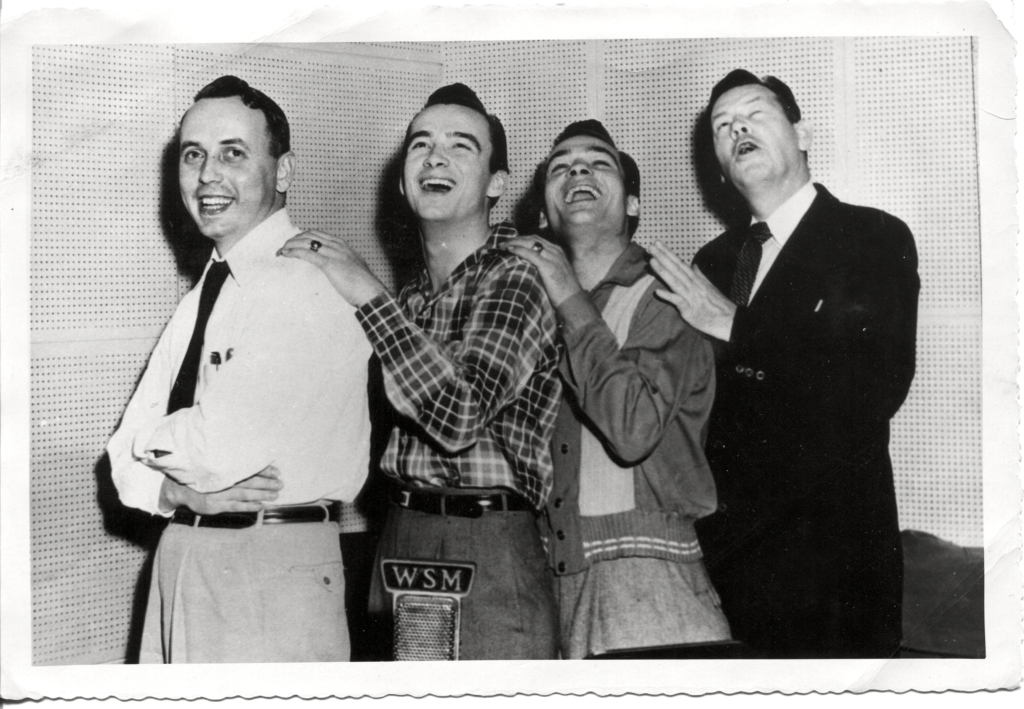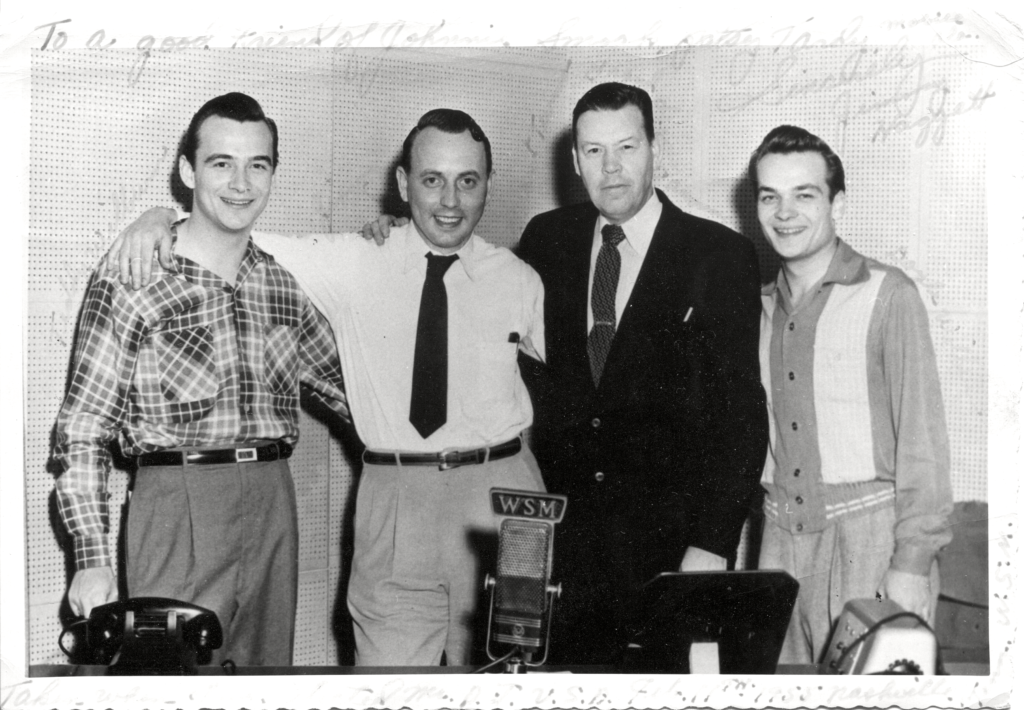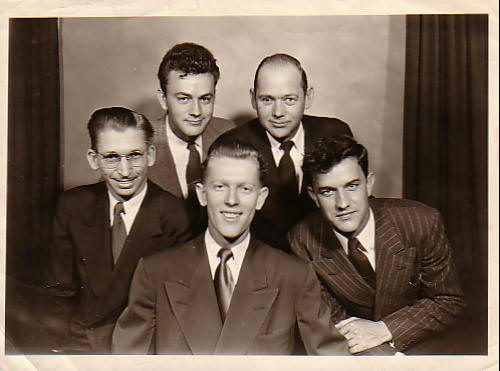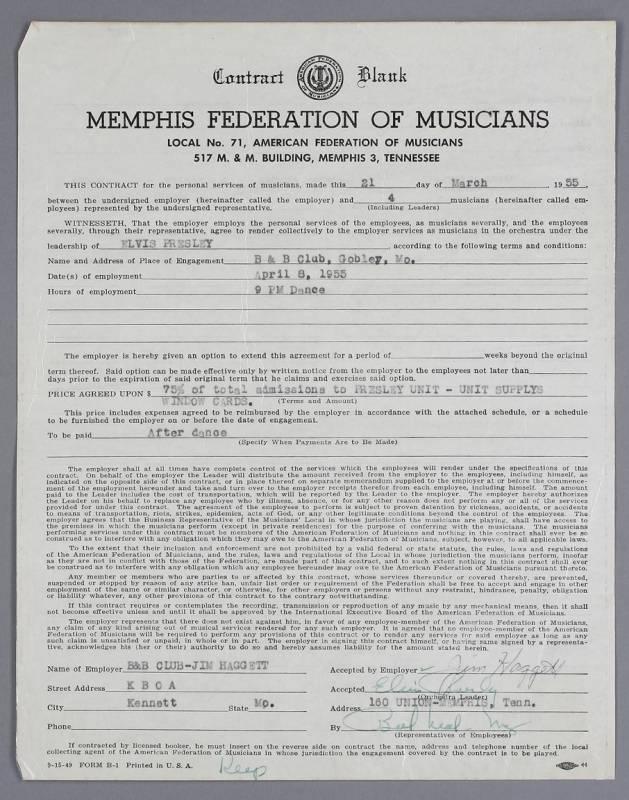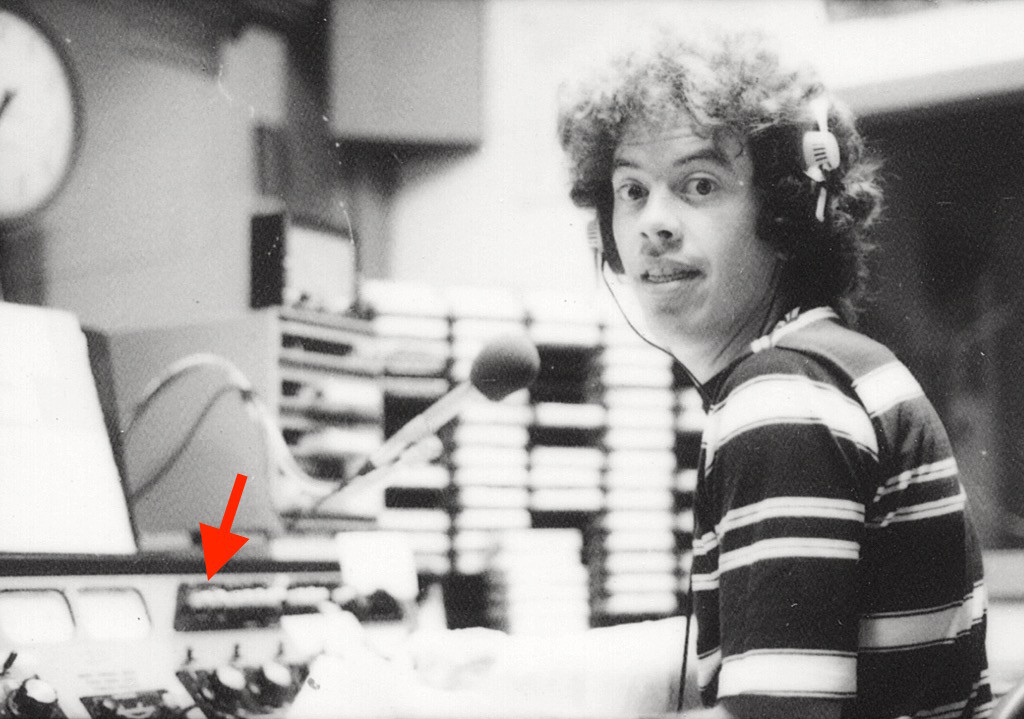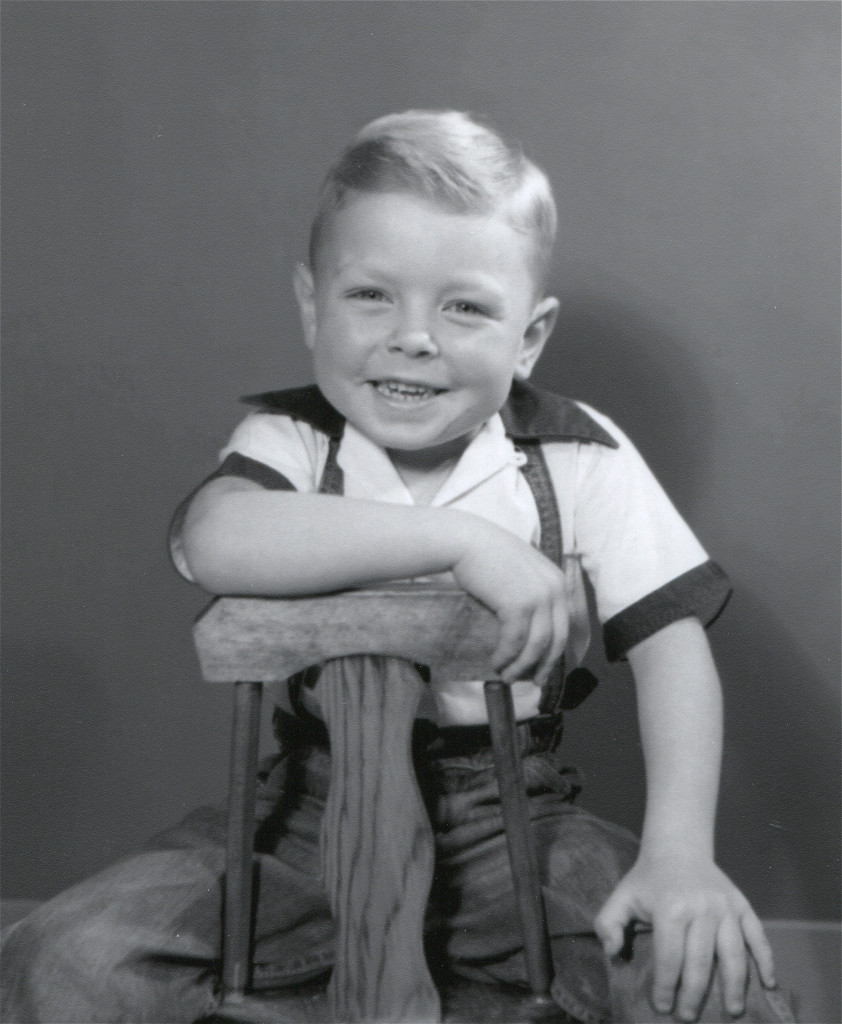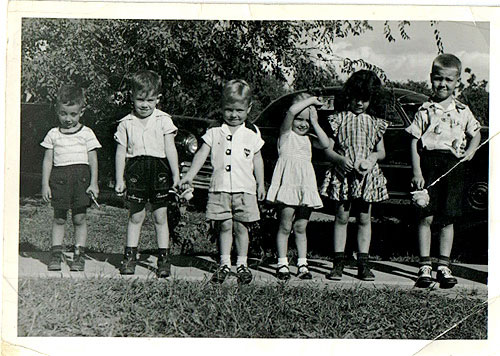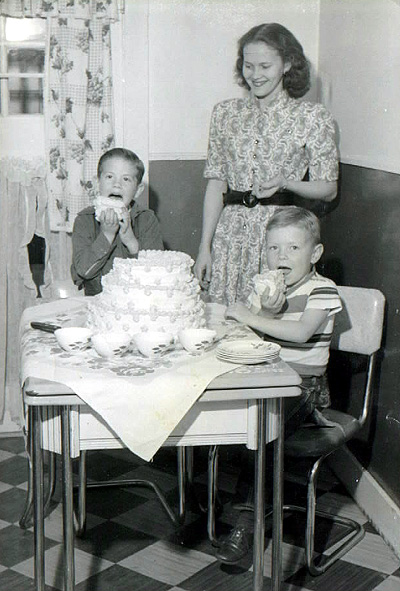Although the birth and growth of audio cassettes began in the 1960s, its cultural moment took place during the 1970s and 1980s as a more effective, convenient and portable way of listening to music.
By the time I started working at KBOA in 1972, portable cassette players were finally starting to get affordable. Instead of having to coax people into a studio to do an interview we could not take a cassette recorder into “the field” and get the interview with “nat(ural) sound.” It was wonderful.
Cassette audio tapes were a part of my life for the next 30 years. During my years at the station and later — at a regional news network company — we bought a lot of audio tape cartridges from a company in Springfield, Missouri, called National Audio Company. A former coworker sent me the story below. A few excerpts:
Nobody has made audio cassette tape in this country since about 1983 or 1984. […] National Audio is set to begin production this month, having rescued a 62-foot tape-coating line weighing 20 tons from obscurity. Its former owner had converted it into a machine for making credit-card strips. […] Soon, the tape coater will be back to its original purpose, after many months of reassembly and testing. It will crank out 20,000 feet of tape per minute.
If you have (as I do) fond memories of audio cassette tapes, I think you’ll find this story worth a read.

